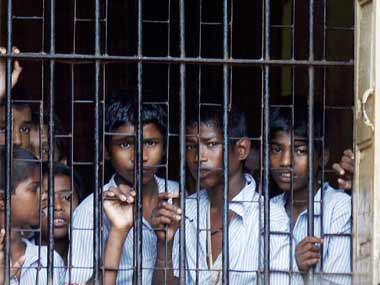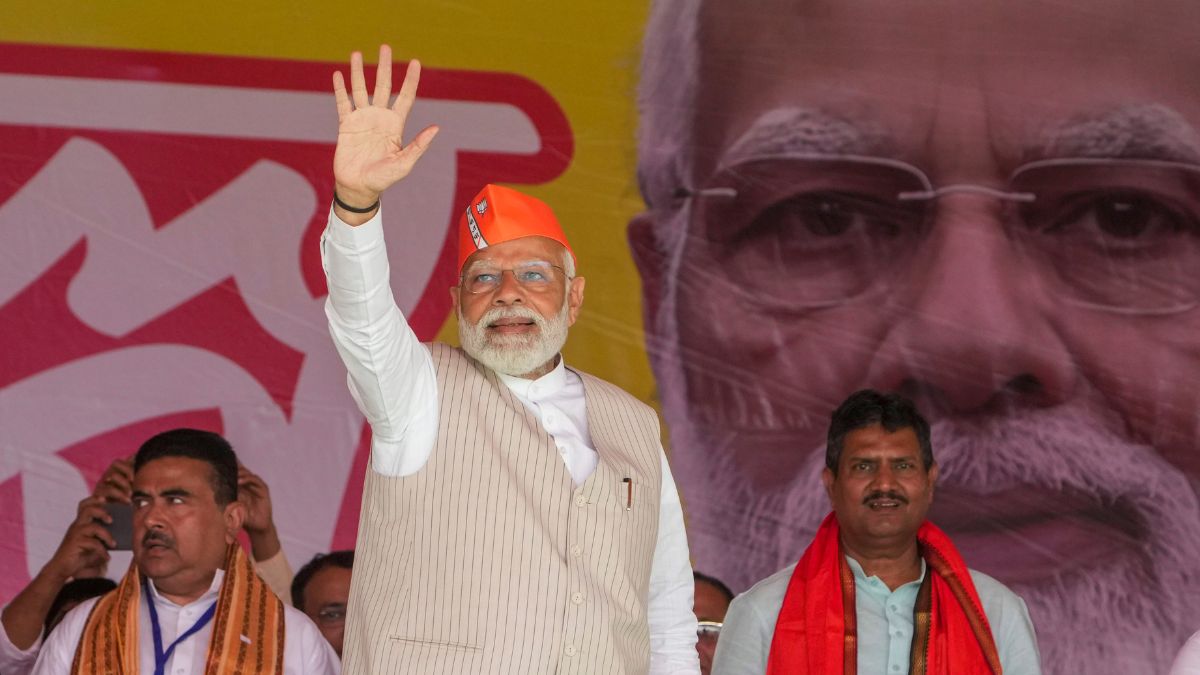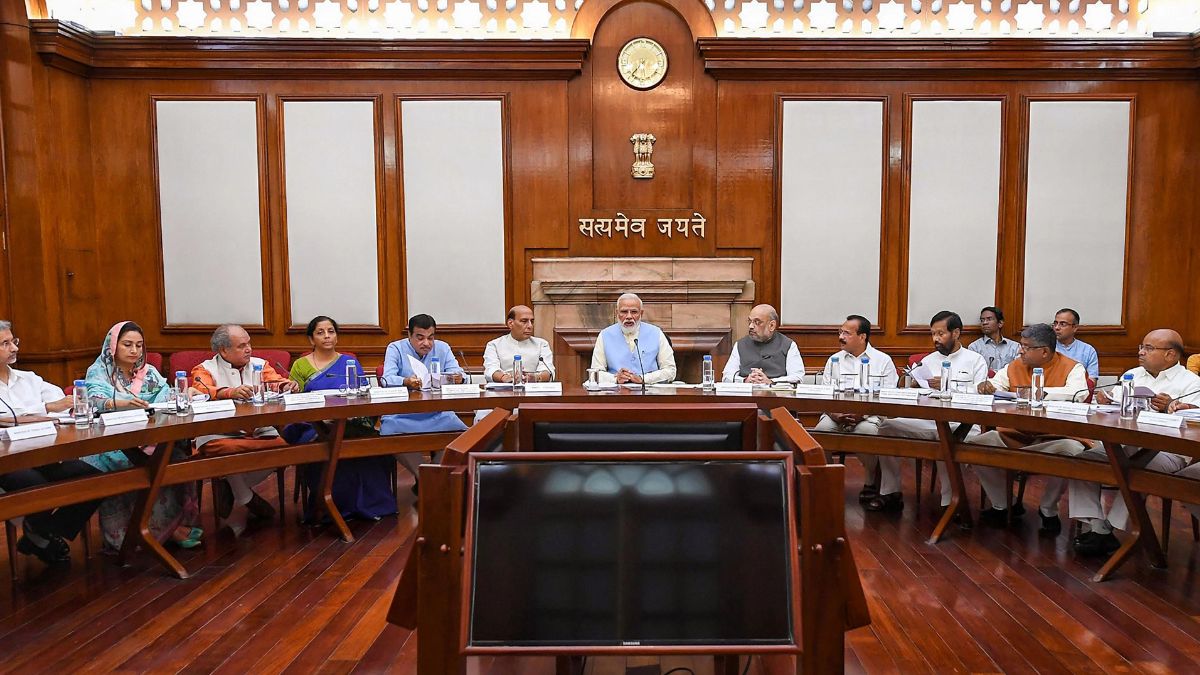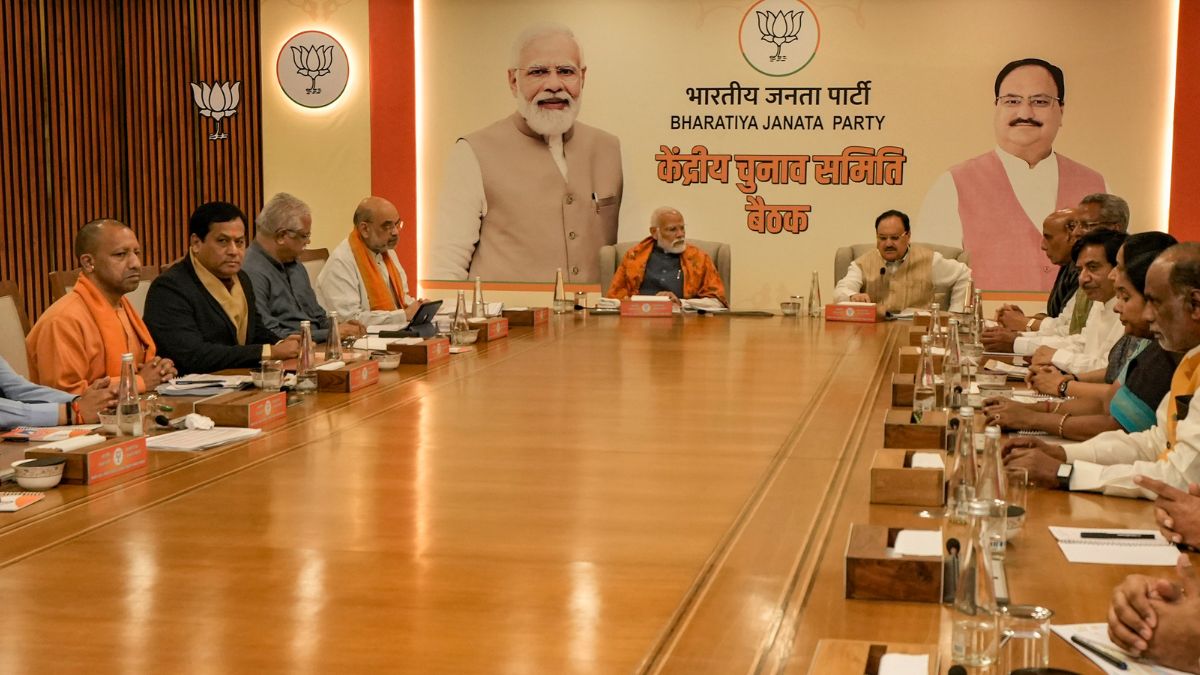A proposal to try juveniles in the 16-18 age group accused of heinous crimes under the IPC was “dropped” from the agenda of the Union cabinet on Tuesday, amid opposition by rights activists and a Supreme Court observation that there was a need to re-examine laws on the issue.
Keeping the sensitivity of the issue in mind, Prime Minister Narendra Modi on Tuesday stepped in and said that only after a group of senior ministers look through the “finer” points any decision will be taken, a report in The Indian Express said.
According to a PTI report, the Supreme Court on Monday had said that there was a need to re-look at various laws dealing with juveniles involved in heinous crimes like murder and rape and asked the government to see whether necessary changes could be made to have a deterrent effect.
Accordingly, a group of Union Ministers comprising Finance Minister Arun Jaitley, External Affairs Minister Sushma Swaraj, Law Minister Sadanand Gowda and Parliamentary Affairs Minister Venkaiah Naidu, have ave been told to take a look at the amendments made in the Juvenile Justice Act before it is tabled in next week’s cabinet meeting, the IE report added.
The women and child development ministry had rejected the recommendations of a parliamentary committee not to try juveniles in the age group of 16 to 18 years under laws governing the adults (IPC). Juveniles are tried under the provisions of Juvenile Justice Act at present.
The bill was referred to the standing committee and the ministry had accepted some of the recommendations and rejected some others. The bill was brought before the cabinet for a final call.
Official sources said that the proposal was “not at all taken in the cabinet and was dropped from the agenda”. PTI quoted senior ministers who said that after the meeting a need was felt to have a “thorough look” at the provisions proposed in the amendment bill.
Should minors involved in heinous crimes, like rape, be tried under the Juvenile Justice Act or should they be punished under the Indian Penal Code? The rage over making amends to the Juvenile Justice Act gathered storm after five men and a juvenile brutally gangraped a 23-year-old physiotherapist inside a moving bus in Delhi.
The Juvenile Justice Act states that capital punishment will not be awarded to a boy or a girl below the age of 18 irrespective of the gravity of the crime. Since the adoption of the JJ Act there had been no case where a juvenile was treated at par with an adult.
As such, the juvenile, who was six months short of 18 years at the time of incident, was convicted for gang-rape and murder of the 23-year-old girl but he got away with a maximum of three years imprisonment mandated under the juvenile law by the Juvenile Justice Board in New Delhi.
The incident sparked huge debate and the government had proposed the denial of protection to minors involved in heinous crimes under the Act.
As Danish Raza reported in this article in Firstpost, the proposals resulted in an avalanche of protests from child rights activists, who criticised it, saying the proposal was a “transgression of justice” and a “knee-jerk” reaction to the 16 December incident.
Speaking to IANS, Kushal Singh, chairperson of the National Commission for Protection of Child Rights (NCPCR), said: “When a child does not have the right to fight his or her own case in court then how can you try him in a criminal case?” “She said if the proposed amendments are passed, the step would be a big transgression of justice. “Just because of one particular case (the Dec 16 gangrape), we cannot argue that all children need to be under the criminal justice system.” She said of all the crimes committed in the country, only around one percent were committed by those below 18 years.
But those demanding harsher punishment for minors say that the juvenile involved in the 16 December gang rape got away with a lighter sentence by exploiting a mere technicality. BJP leader Subramanian Swamy had also filed a petition in the Supreme Court seeking to strike down the provisions of the JJ Act that bars criminal courts from trying juvenile offenders.
Maharukh Adenwalla, a Mumbai based senior lawyer who works on the issues of child rights, told Firstpost: “JJ Act is not a lenient law but an age appropriate law. The philosophy behind the Act is the belief that children are not able to cope with the situation in the same way as adults, as they can be easily influenced and can be easily reformed as well. Therefore, it is not the offence but the offender that we need to deal with.”
As Raza points out, one of the premise of the JJ Act is that the state is responsible for juveniles who are conflict with the law and instead of awarding a stricter punishment, the government should look at ways to reform the juveniles.
On paper, JJ Act mandates the operation of observation homes, child welfare committees and juvenile justice boards. But, on ground, “the Act has been made a mockery,” the Supreme Court observed in 2010.
Like Anant Asthana, lawyer and a child rights activist, told Firstpost : “We wake up reacting when we see children ending up doing something horrible. The question we should be asking is: What are we doing about juvenile crime prevention?”


)




)
)
)
)
)
)
)
)